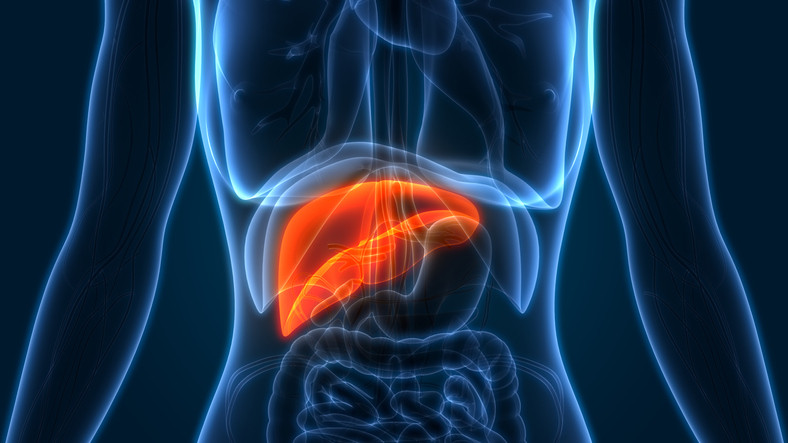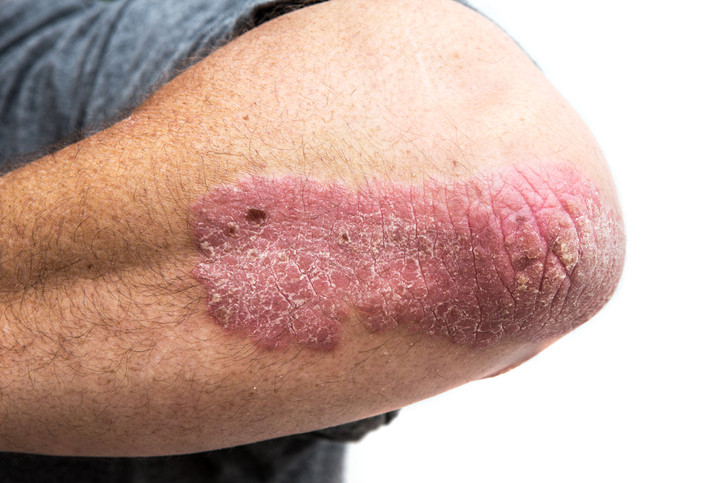
Tips to leverage neuroplasticity to maintain cognitive fitness as you age

Can white noise really help you sleep better?

Celiac disease: Exploring four myths

What is prostatitis and how is it treated?

What is Cushing syndrome?

Exercises to relieve joint pain

Think your child has ADHD? What your pediatrician can do

Foam roller: Could you benefit from this massage tool?

Stepping up activity if winter slowed you down

Common causes of cloudy urine
Cancer Archive
Articles
Pancreatic Cancer
What Is It?
The pancreas (PAN-cree-us) is an organ that sits in the left side of your belly. The pancreas has two main functions. It makes digestive enzymes (proteins that break down food) and hormones that regulate blood sugar, such as insulin.
Pancreatic (PAN-cree-at-ick) cancer occurs when abnormal cells grow uncontrolled in the pancreas. Most pancreatic cancers occur in the part of the pancreas that produces digestive fluids. A small number of pancreatic cancers occur in a part of the pancreas that helps regulate blood sugar. This type of cancer is called either an insulinoma or a neuroendocrine tumor.
Testicular Cancer
What is it?
Testicular cancer is the uncontrolled growth of abnormal cells in one or both testicles (testes). The testicles are the male sex glands. They are located in the scrotum, behind the penis. They produce testosterone and other male hormones. The testicles also produce and store sperm, the male cells needed for reproduction.
nce testicular cancer develops, it can remain within the testicle, or it can spread to lymph nodes in the abdomen or pelvis. If it is not detected and treated, testicular cancer eventually can spread to the lungs, brain, liver, and other parts of the body. Certain types of testicular cancer are more likely to spread than others. Sometimes the cancer will have already spread at the initial time of diagnosis.
Newer skin cancer treatments improve prognosis for those with cutaneous melanoma
Though only about 1% of skin cancers are melanomas, they are responsible for 90% of skin cancer deaths. Recent advances in treatment options have improved survival rates for melanoma, but it鈥檚 still best to take preventive steps to protect your skin.
What鈥檚 the beef with red meat?
A recent study suggested that eating red or processed meats won't necessarily harm your health. What is the truth?
The news headlines were everywhere: "It's Okay to Eat Red Meat." The source for this statement was a study published online Oct. 1, 2019, in Annals of Internal Medicine.
An international team of researchers conducted five systematic reviews that looked at the effects of red meat and processed meat on multiple health issues, such as heart disease, cancer, diabetes, and premature death.
Can you outrun an early death?
Research we're watching
People who run 鈥� even in small amounts 鈥� are less likely to die during a given period compared with those who don't run, according to an analysis published online Nov. 4, 2019, by the British Journal of Sports Medicine. The benefit appears even among people who run for less than 50 minutes once a week, at speeds below 6 mph.
Researchers began their review of 14 studies, involving more than 200,000 people, in hopes of determining whether running can stave off deaths from heart disease, cancer, and other causes. They also sought to find out how much running people need to do to benefit. The studies tracked participants for periods ranging from five-and-a-half to 35 years. Over the course of these studies, 25,951 of the participants died. When comparing those people to those who lived until the end of the study, the researchers found that people who ran, no matter the amount, were 27% less likely than nonrunners to die from any cause during the study period. Runners also had a 30% lower death rate from cardiovascular disease and a 23% lower death rate from cancer. While running was linked with longer life and less disease in these studies, this doesn't necessarily prove that it was the running that actually caused better health. But the results suggest that lacing up those sneakers and going for a quick jog might improve your health.
Rural health risks?
Research we're watching
People living in rural areas of the country appear to be more likely to die from preventable causes compared with people in more urban locations, says a CDC report. The report looked at deaths from 2010 to 2017 and found that people in rural locations were more likely to die from preventable conditions, including cancers and heart and respiratory diseases. In 2010, about 29% of cancer deaths in rural areas were potentially preventable, compared with 18% of cancer deaths in urban areas. In addition, 45% of heart disease deaths in rural locations were deemed preventable, compared with 24% of heart disease deaths in urban areas. The authors suggested several strategies to reduce disparities, including better screening programs and initiatives to encourage better eating and exercise habits, as well as smoking cessation.
Image: shaunl/Getty Images
Beyond heart health: Could your statin help prevent liver cancer?
Statins have been prescribed for decades to lower cholesterol, but a recent study found that one type of statin may provide people with certain kinds of liver disease protection from developing liver cancer.
How to make your prostate biopsy go better-before, during, and after
听 听 听 听 听 听 Before a prostate biopsy, discuss all the Image: Wavebreakmedia Ltd/Getty Images |
Here is what men need to know to minimize discomfort of a prostate biopsy and get the best results.
Psoriasis and cancer: What鈥檚 the link?
An analysis of studies found an association between people with psoriasis and an increased risk of developing several types of cancer. While this does not establish a definitive link, psoriasis is a relatively common condition and those who have it should be aware of its implications.
Suffering from "chemo brain"? There's hope and many things you can do
Over the past decade, research has revealed that the majority of patients treated for cancer experience difficulties with memory, attention, concentration, and thinking. There are several lifestyle actions that can help improve these symptoms, as well as certain medications.

Tips to leverage neuroplasticity to maintain cognitive fitness as you age

Can white noise really help you sleep better?

Celiac disease: Exploring four myths

What is prostatitis and how is it treated?

What is Cushing syndrome?

Exercises to relieve joint pain

Think your child has ADHD? What your pediatrician can do

Foam roller: Could you benefit from this massage tool?

Stepping up activity if winter slowed you down

Common causes of cloudy urine
Free Healthbeat Signup
Get the latest in health news delivered to your inbox!
Sign Up










